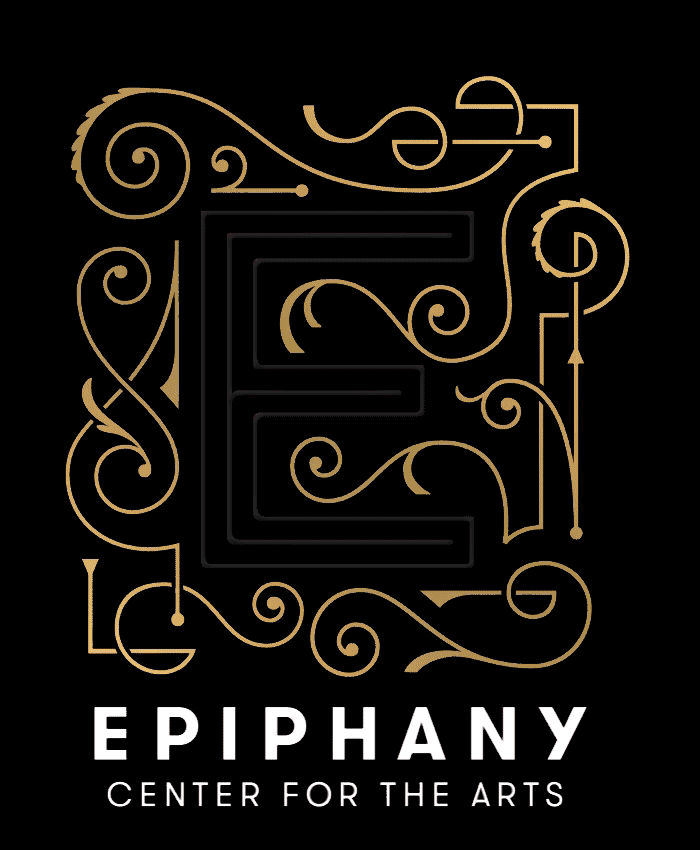Can you easily combine a wedding and event venue with a space also dedicated to the performing arts?
That question has been on my mind since I went to the re-opening of the Chicago Park District’s renovated Theater on the Lake, last year. That justly beloved property — located where Fullerton Avenue meets Lake Michigan — sounds like it’s a theater, of course, and comes with an illustrious artistic history. But on most weekend nights, you’ll find private shebangs within its walls. “From corporate events to weddings and social galas,” read the promotional materials, “Theater on the Lake is one of the only lakefront event venues in the city.”
You could argue that is the way bills get paid and how renovations actually happen without burdening fiscally overstrapped Chicagoans, or you could argue that it was a bit of a bait-and-switch. There genuinely is theater at Theater on the Lake, especially in the summer, of course, but the calendar is tricky. And you can’t run anything for very long if your crucial Saturday nights are filled with nuptials. Prime time for weddings and shows is one and the same.
The issue came up again when I heard about the plans to turn an architecturally splendorous old church on the edge of Chicago’s exploding West Loop neighborhood into such an operation, replete with not just a secularized sanctuary for getting hitched (and rooms in which to celebrate afterwards) but also multiple spaces for theater, comedy, magic and music.
Public performances at the newly named Epiphany Center for the Arts, I was told as I took a little tour one recent afternoon, are being set up for as as soon as early next year.
The stunning (and I use not that word lightly) new venue is the former Church of the Epiphany — an Episcopal church located at 201 S. Ashland Ave. that was built in 1885 in the Richardson Romanesque style with a sandstone exterior and a bell tower. Although decommissioned in 2011, this beautiful church on a quiet but historic block saw more than its share of important civic events, including the funeral of Mayor Carter Harrison Sr., who was assassinated in 1893 in his home, the victim of a political supporter who thought he’d get a job after Harrison was elected (for more on all of that, see Erik Larson’s “Devil in the White City”).
The re-development plans have been churning around the West Loop for some two years now, with the owner and developer David Chase forced to reassure neighbors at public hearings held earlier this year that he did not plan a major nightclub within the Jackson Boulevard Historic District. In the press coverage of Chase’s request for liquor and entertainment licenses, the venue was described as an “extraordinary new single-destination wedding venue” that would also work for “bachelor and bachelorette parties, rehearsal dinners and after-parties.”
But when I went over to the Epiphany Center, the talk was more of dance, theater, visual art, music and magic in what Chase described as a 42,000-square-foot palace of the arts, a location that Chase imagines brimming with practicing artists of all stripes. Chase, who says he has spent some $15 million to acquire and renovate the building, even has a mission right on the website: “To instill an artistic, cultural experience in all patrons who cross our threshold with the hope that each will be inspired to realize their own Epiphany.”
Chase and his wife and business partner, Kimberly Rachal, showed me around several distinct spaces: these include Epiphany Hall, the mainstage located inside the church’s old sanctuary which has room for roughly 1,000 patrons; The Sanctuary, a vintage and intimate upstairs room where the Chicago magician Ricardo Rosenkranz apparently will be curating cabaret shows for about 100 people; and The Catacombs, an underground space for jazz and house music, seating roughly 400 people. I could easily imagine performances in all three of them; Epiphany Hall could accommodate a dance-friendly floor and could be a thrilling venue in which to hear music or watch choreography — it’s roughly the same scale as the City Winery venue nearby, but with historic windows, eye-popping mosaics and a soaring ceiling to add to its charm.
The owners said their motivation was not profit but to “activate” something beautiful for the community that also would preserve the architectural glory of this church.


